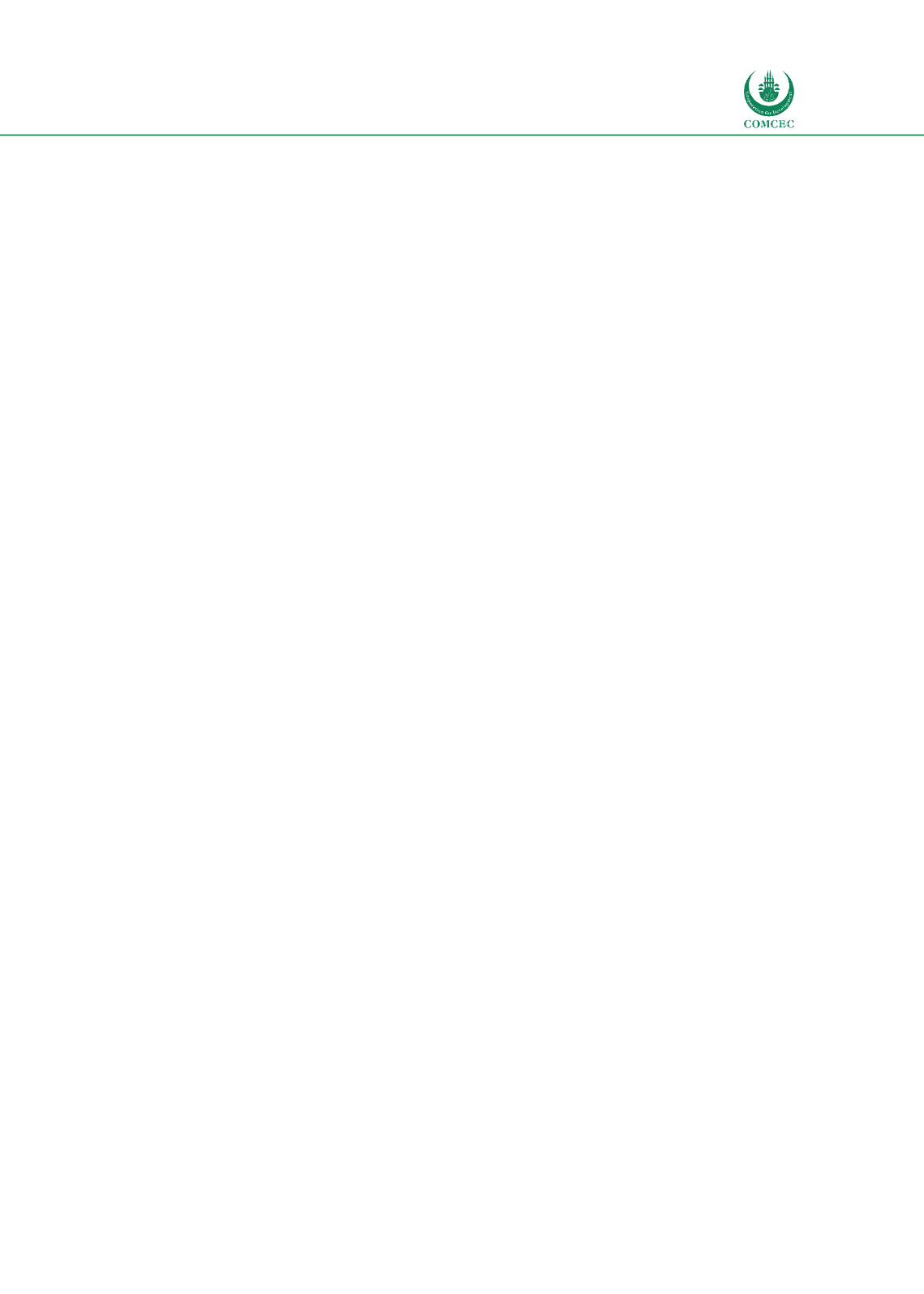

Enhancing Public Availability of Customs Information
In the Islamic Countries
81
Reducing response times.
24 hour 365 day access to information and forms.
Challenges
Stakeholders identified two main challenges that have been faced as part of Morocco’s
experience in this area. The first was a shift of governmental mindset, beginning with the US
FTA, then crystallizing with the events of 2011. Like many governments, historically the
emphasis had been on procedures and process, with less attention paid to transparency and
consultation. Moving towards a bottom up model of governance, in which transparency has a
large role to play, required a significant change in mindset within the government. But with
leadership from the most senior levels, this process has been undertaken with considerable
success.
From PortNet’s perspective, the main challenge was in developing the maturity of the various
agents involved in the trade value chain. Given that the approach is fundamentally bottom up, it
relies heavily on constructive involvement from all parties, which required a transition from the
traditional approach, as has been the case in most countries where similar systems have been
implemented. However, Moroccan operators in the trade value chain have recognized the
benefits that increased information availability can bring, and in particular the savings in time
and money that can result when information availability is combined with an online platform
for document processing like PortNet. As a result, there is now a high level of private sector buy
in.
Lessons
The main lessons from the Moroccan case study can be distilled into the following points:
It is important to involve the whole trade community in efforts to improve public
information availability, which means that the government needs to work with the
private sector, from traders and import/export professionals to financial services
providers.
Even in a lower middle income environment, there is real scope for ICTs to offer high
quality solutions for reducing informational trade costs.
Trade agreements with transparency provisions can provide an important impetus
towards improving the trading environment, but they need to be matched by a broader
governmental commitment to transparency and openness.
Having listed all of the first four articles of the TFA in Category A, Morocco’s example
demonstrates that countries that aspire to leadership in trade facilitation are treating
the agreement as a benchmark rather than an aspirational target. It is important to
continuously innovate, in consultation with the trade community, to maximize the
benefits of trade facilitation, including information availability.
What Role for Technical Assistance?
The Moroccan authorities and port community received technical assistance in the development
of PortNet, as well as the new TradeSense portal. Primary advisors included theWorld Bank, the
African Development Bank, and the Global Alliance on Trade Facilitation. These interventions
were key in enabling Morocco to rapidly establish a high quality, efficient, and transparent
system.
Indeed, the Moroccan experience has been so successful that the country is now frequently
sought after by foreign delegations looking to learn in particular from PortNet. Morocco
















